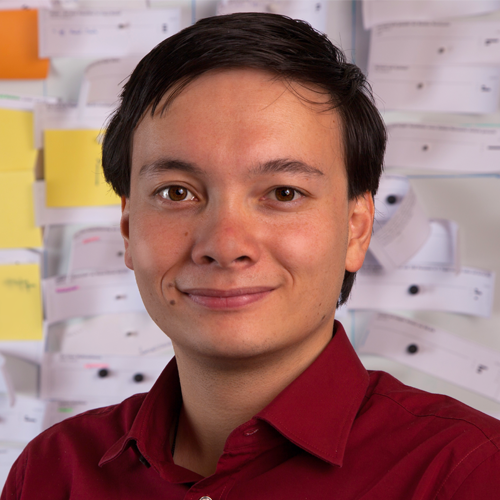PUBLICATION
GrOWTH: Goal-Oriented End User Development for Web of Things Devices
Type
Conference Paper
Year
2018
Authors


Dr.-Ing. Sebastian Heil

Research Area
Event
18th International Conference on Web Engineering
Published in
Proceedings of 18th International Conference on Web Engineering (ICWE2018)
ISBN/ISSN
978-3-319-91661-3
Download
Abstract
In the last few years, interest in the Web
of Things (WoT) domain has
significantly increased, particularly in the end
user group. Therefore, the barriers
to entry for end users without technical
experience should decrease. However, so
far, research in the WoT has been
mainly dedicated to technical aspects of smart
objects such as communication
challenges and interoperability. The benefits of
WoT can be amplified if end
users; who do not have the required programming
skills, are provided the
opportunity to be directly involved in defining the
behavior of their smart
environment without being involved in technical issues.
Many of the current end
user development (EUD) applications available for WoT
are not efficiently
usable for the non-technical users, requiring a high learning
burden and high
development time for the end user. It is a significant challenge
to enable EUD
frameworks for WoT devices to automatically adjust their
behavior based on the
goals of the end user. This article presents GrOWTH, an
architecture to enable
end users to program WoT devices based on a goal-oriented
interaction. To
fulfill the desired user goal GrOWTH uses semantic web ontologies
for knowledge
representation and planning techniques from the artificial intelligence domain to
dynamically generate plans at runtime taking into account
the user goals,
context, and available WoT devices. We showcase a prototypical
implementation
of GrOWTH in the domain of smart home. The design principle
is ease of use and
reducing the development time.
Reference
Noura, Mahda; Heil, Sebastian; Gaedke, Martin: GrOWTH: Goal-Oriented End User Development for Web of Things Devices. Proceedings of 18th International Conference on Web Engineering (ICWE2018), pp. 358-365, 2018.




